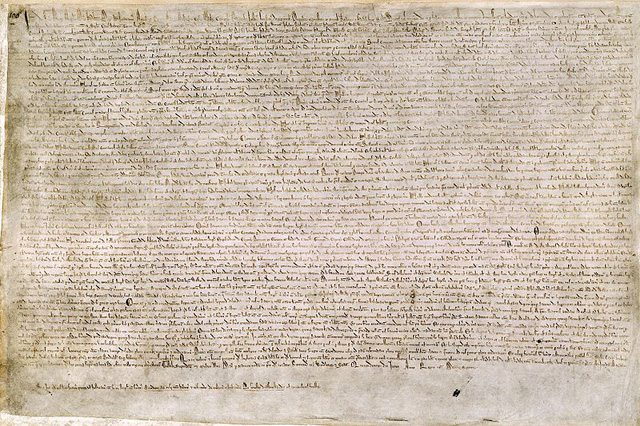Search
Recent comments
- wanton barbarism....
12 hours 5 min ago - little nazi....
14 hours 9 min ago - arm-wrestling....
14 hours 36 min ago - decision.....
14 hours 39 min ago - unhinged....
17 hours 17 min ago - nasty frog....
17 hours 28 min ago - words....
17 hours 36 min ago - The Seth Rich Question 15
18 hours 2 min ago - very serious....
18 hours 14 min ago - propaganda....
18 hours 19 min ago
Democracy Links
Member's Off-site Blogs
the people versus the royals...

The glossy newspaper supplements are out, the BBC (supposedly a hotbed of subversive lefties) is preparing wall-to-wall coverage, MPs are going on holiday for two weeks, the populace is ready to put out the flags and the picnic tables. In an orgy of deference, we are celebrating Elizabeth II's 60 years on the throne. If any other country were paying homage to an unelected head of state in this way, while the living standards of the majority of the population fall and schools and hospitals struggle with diminishing resources, we would call it "the cult of the personality" and probably think about invading.
According to a Guardian/ICM poll last week, the royal family is more popular than ever, with only 22% believing Britain would be better off without a monarchy, and as few as 10% preferring, on the Queen's death, an elected head of state rather than a King Charles or William. As Elizabeth II's supporters never tire of pointing out, the unelected monarch is far more popular than any elected politician.
That is unsurprising. The Queen never has to say anything controversial, allocate resources between competing claims, or take decisions that provoke disagreement. If your job is confined to uttering bland pleasantries, shaking hands and distributing gongs, it is quite difficult to be unpopular. Since you are exempt from freedom of information laws, you are not at risk of having your expenditure on moats and duck ponds highlighted in newspapers. Since you took office without election, you do not have to contend with the disappointed or disgruntled supporters of your rivals and, since nobody is paid to lead an opposition to you, you do not have to face weekly questions about how you discharge your duties.
http://www.guardian.co.uk/commentisfree/2012/may/27/forget-queens-jubilee-kneesup-magna-carta
- By Gus Leonisky at 1 Jun 2012 - 6:49pm
- Gus Leonisky's blog
- Login or register to post comments
The Great Charter of the Liberties...
Magna Carta, also called Magna Carta Libertatum or The Great Charter of the Liberties of England, is an English charter, originally issued in the year 1215 and reissued later in the 13th century in modified versions. The later versions excluded the most direct challenges to the monarch's authority that had been present in the 1215 charter. The charter first passed into law in 1225; the 1297 version, with the long title (originally in Latin) The Great Charter of the Liberties of England, and of the Liberties of the Forest, still remains on the statute books of England and Wales.
The 1215 charter required King John of England to proclaim certain liberties, and accept that his will was not arbitrary, for example by explicitly accepting that no "freeman" (in the sense of non-serf) could be punished except through the law of the land, a right which is still in existence today.
Magna Carta was the first document forced onto an English King by a group of his subjects, the feudal barons, in an attempt to limit his powers by law and protect their privileges. It was preceded and directly influenced by the Charter of Liberties in 1100, in which King Henry I had specified particular areas wherein his powers would be limited.
http://en.wikipedia.org/wiki/Magna_Carta